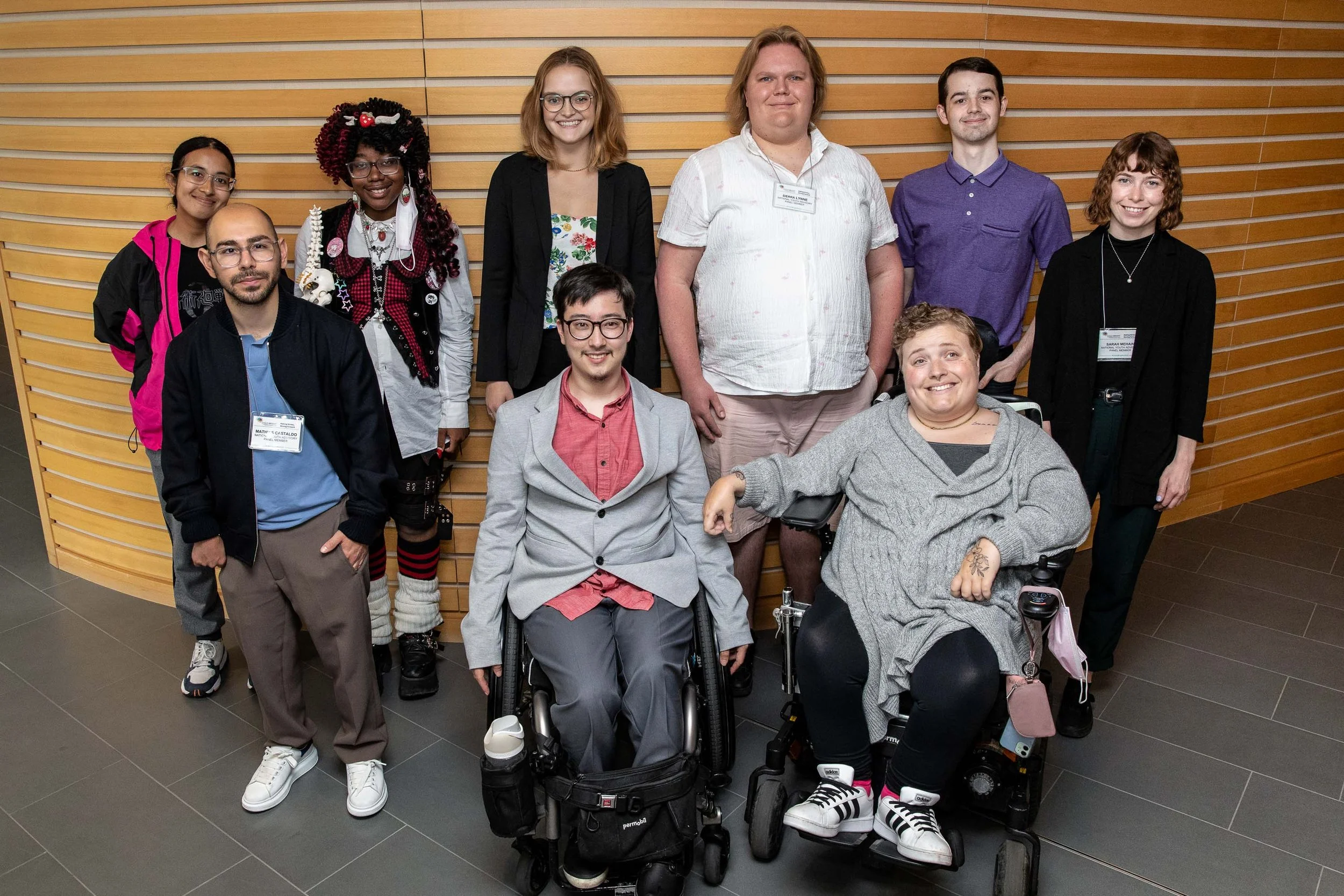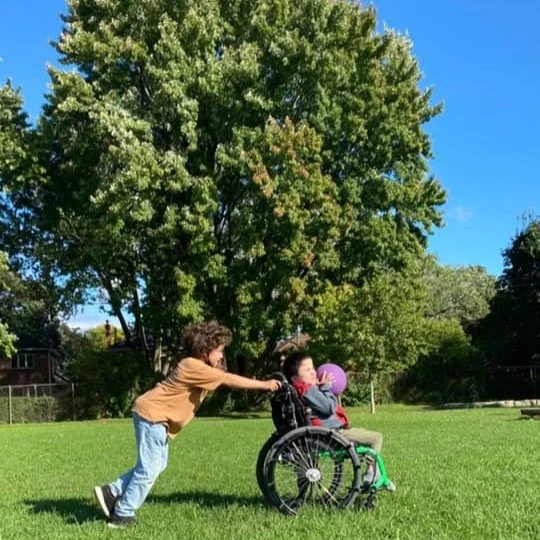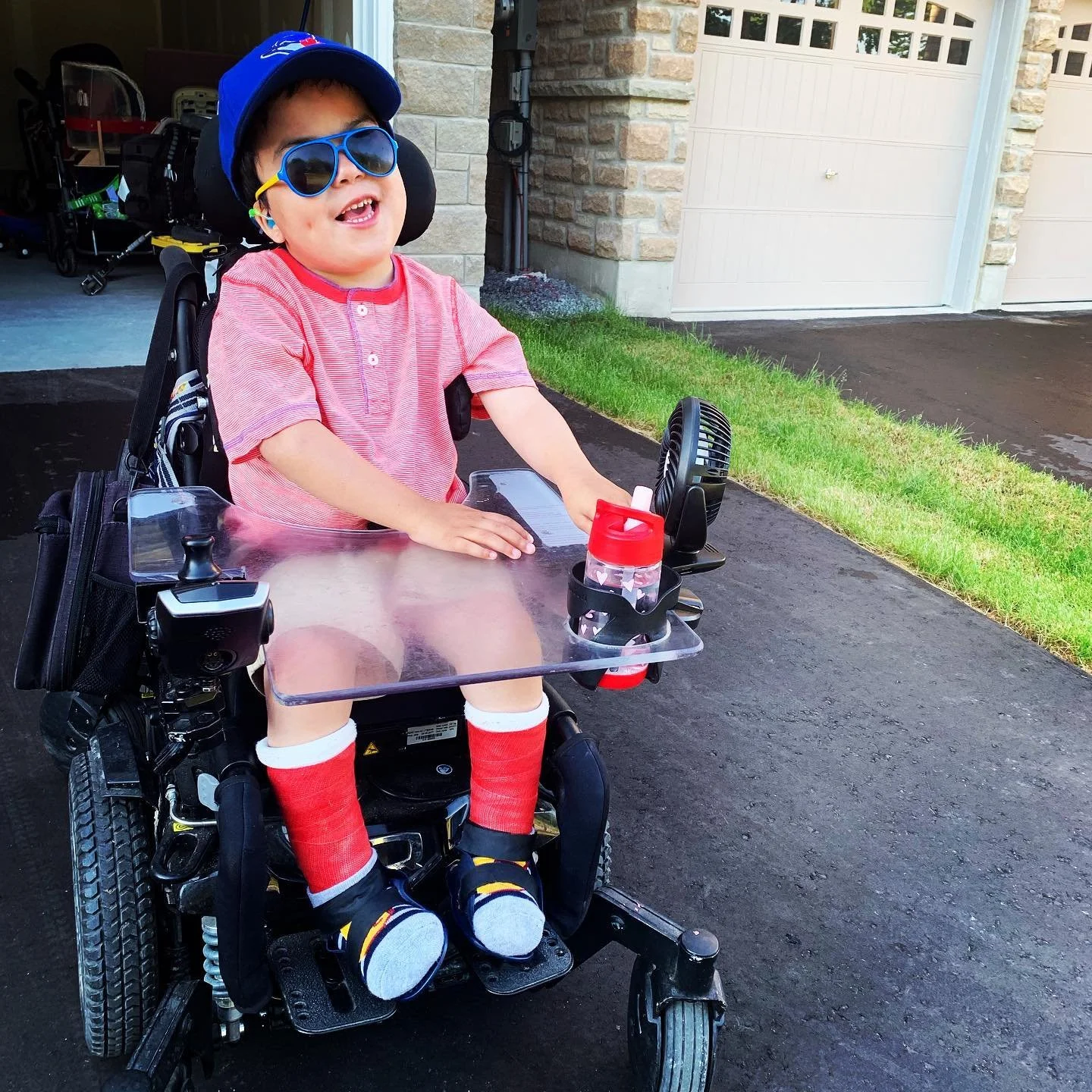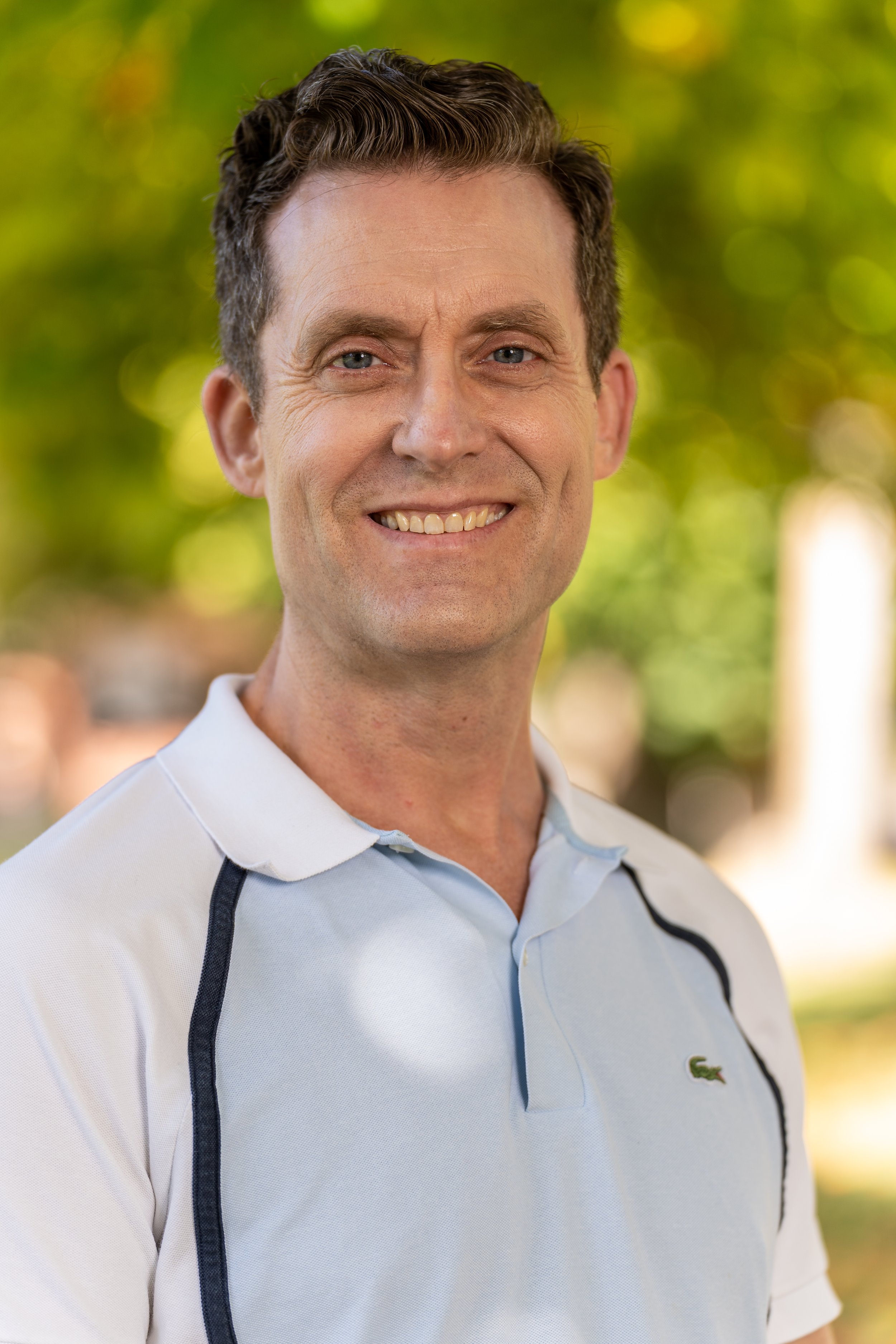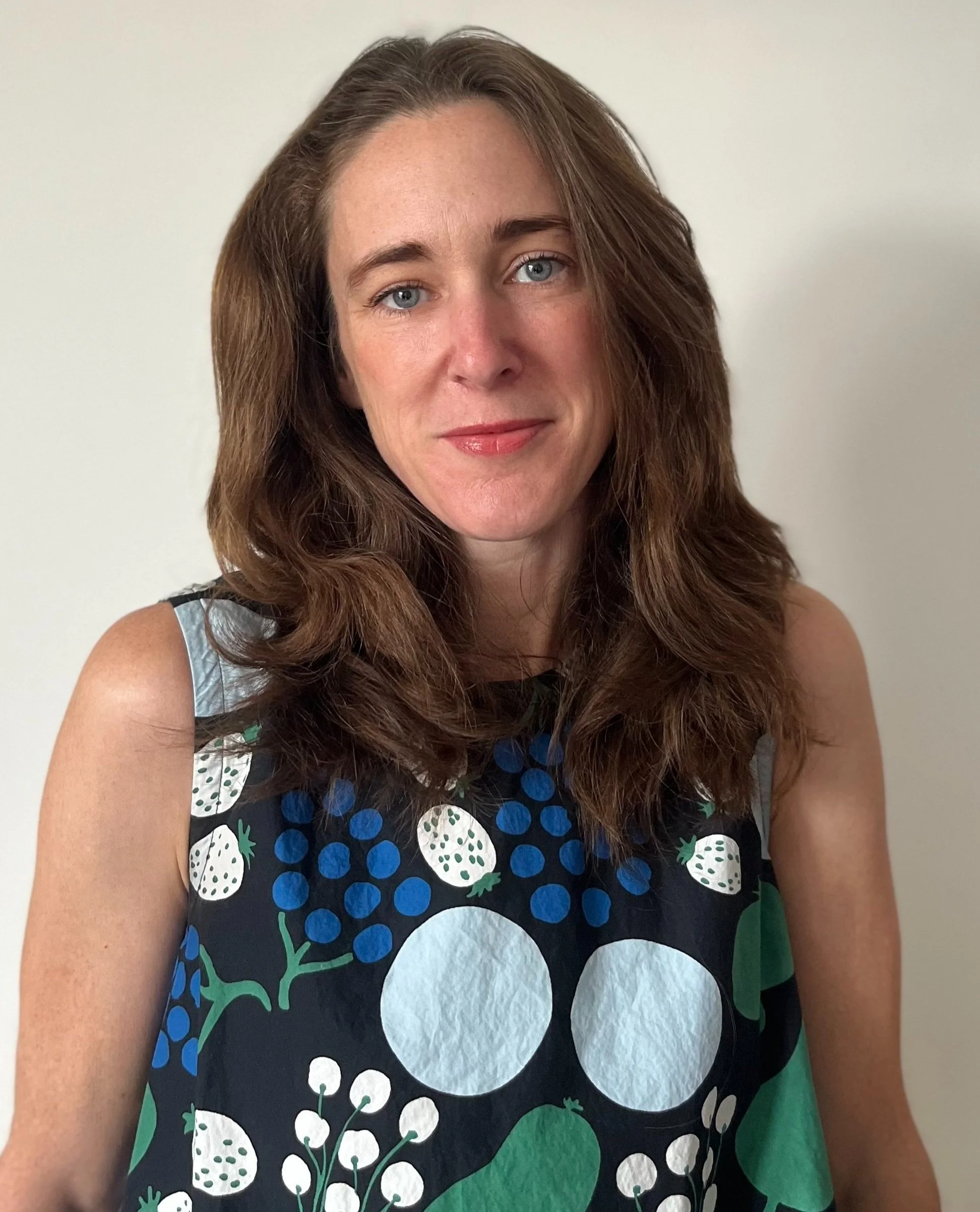The CHILD-BRIGHT Network and Kids Brain Health Network (KBHN) are teaming up to support youth engagement in brain-based developmental disability research!
Effective as of January 2025, this partnership will allow KBHN-funded researchers and project teams to enhance their research and policy initiatives through consultation with CHILD-BRIGHT’s National Youth Advocacy Council (NYAC). In turn, CHILD-BRIGHT’s youth research partners will engage in meaningful consultations and collaborations that will foster valuable skill-building, experiential, and networking opportunities.
What is the CHILD-BRIGHT National Youth Advocacy Council?
The CHILD-BRIGHT Network is a pan-Canadian patient-oriented research (POR) network based at the Research Institute of the McGill University Health Centre. Created in 2016, it works to create brighter futures for children and youth with brain-based developmental disabilities and their families. As part of this mandate, CHILD-BRIGHT has developed authentic, meaningful relationships with youth research partners. As members of our NYAC, these individuals play a crucial role in multiple areas of the network’s research. They assist in developing research protocols and participant recruitment strategies, review and contribute to publications, and participate in implementation science and knowledge mobilization activities.
NYAC members at the 2023 CHILD-BRIGHT Conference
The NYAC is now a well-established body with robust participation from a dedicated group of youth research partners across Canada. These youths have diverse lived and living experiences of brain-based developmental disabilities and different health concerns in their provinces, and they are committed to supporting research on disabilities.
“This partnership between KBHN and CHILD-BRIGHT will open doors for everyone on the NYAC and within the respective networks to collaborate and network with one another. Most importantly, this partnership will play a significant part in the sustainability of both networks and in keeping our shared goal of advancing the field of patient-oriented research and youth engagement alive for years to come,” shared Logan Wong, NYAC Co-Chair.
“We are very excited to collaborate with KBHN. It will be a great opportunity to allow this council of youth and young people to have their say on patient-research research across Canada," added fellow Co-Chair Hans Dupuis.
KBHN and CHILD-BRIGHT: Building on existing successes
KBHN is a Canada-wide network that spreads, scales and implements proven solutions for children with neurodevelopmental disabilities and their families. Since 2009, KBHN has partnered with communities, industries, governments and not-for-profit organizations to improve early identification of neurodevelopmental disabilities, effective interventions and treatments, and family support. KBHN’s vision is for all children to enjoy a good quality of life, participate in every aspect of society, and reach their full potential.
“Partnering with CHILD-BRIGHT through the NYAC is a significant step in ensuring that youth are consulted in research projects that directly affect them,” said KBHN Chief Scientist Dr. Jennifer Zwicker. “KBHN’s focus has shifted into implementing proven solutions for children and youth with neurodevelopmental disabilities, and it’s important that we collaborate closely with the NYAC in this mission.”
KBHN and CHILD-BRIGHT have an existing track record of successful youth engagement collaborations. In 2022, three NYAC members presented on youth engagement in research as part of the KBHN PART Training Series: A Conversation About Youth Engagement in Research. They shared general engagement strategies, practical examples around accessibility and accommodations, and helpful tips/resources when working with youth. In 2023, one NYAC member participated as a panelist on the Youth Engagement Panel for KBHN trainees, to share their experiences in research.
Why grow youth engagement in patient-oriented research?
Both the CHILD-BRIGHT and KBHN recognize the value of youth perspectives in shaping effective research and policy.
“Engaging children and youth with lived and living experience of brain-based disability is essential to ensuring the relevance, and increasing the impact of, childhood disability research.”
“Engaging children and youth with lived and living experience of brain-based disability is essential to ensuring the relevance, and increasing the impact of, childhood disability research,” emphasized Jenny Gilbert, CHILD-BRIGHT Director of Engagement. “Children and youth offer unique insights that can lead to more effective and personalized health care solutions. Their lived and living experiences can highlight gaps in current research and practice that might otherwise be overlooked.”
Youth engagement in research can influence policy and practice, ensuring that health care systems are more inclusive and responsive to the needs of children and youth with brain-based developmental disabilities and their families. This can lead to systemic changes that benefit not only the individuals involved, but also the broader community.
Overall, the partnership will contribute to more effective and inclusive research and policy outcomes aimed at improving the quality of health care for children and youth with brain-based developmental disabilities.


